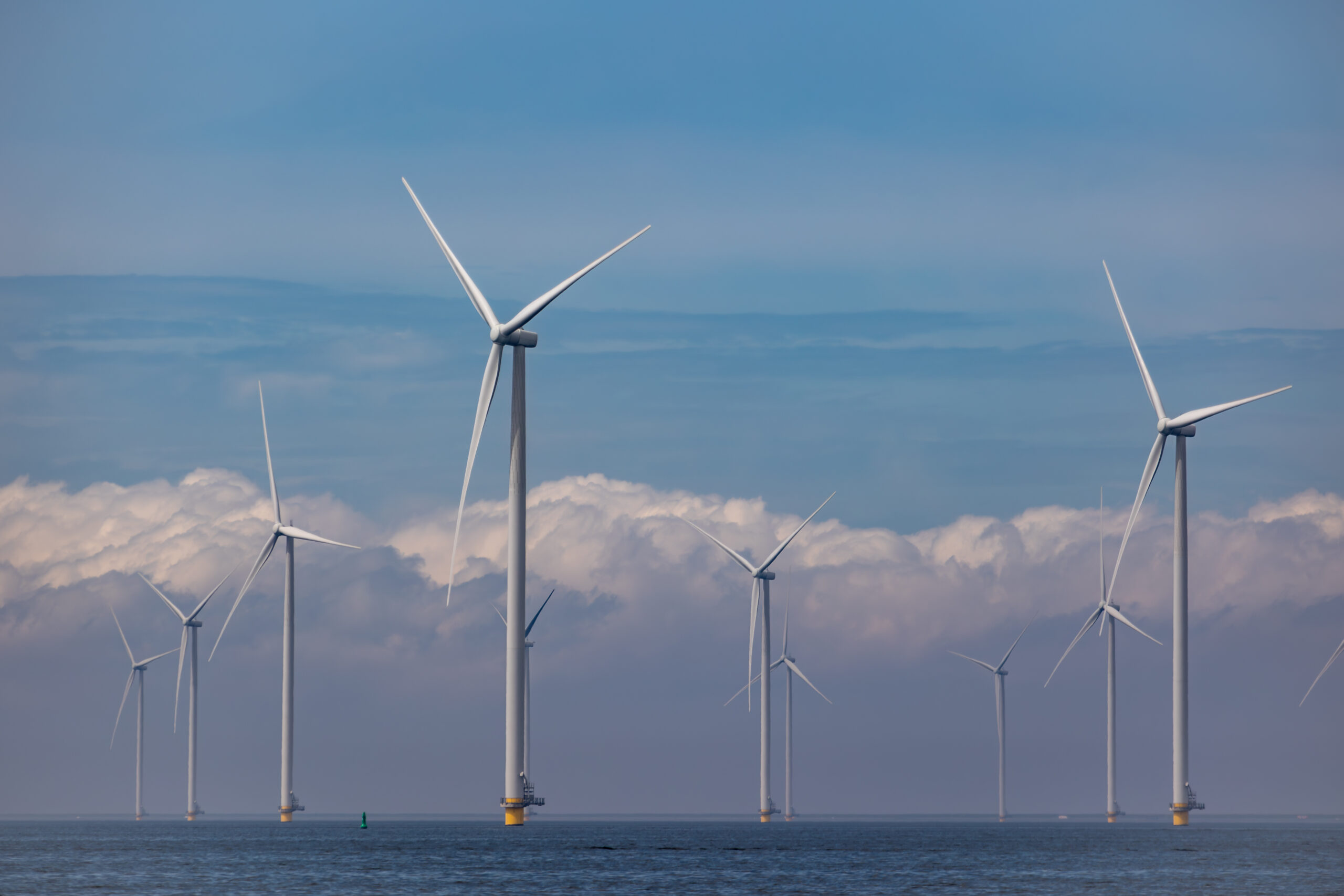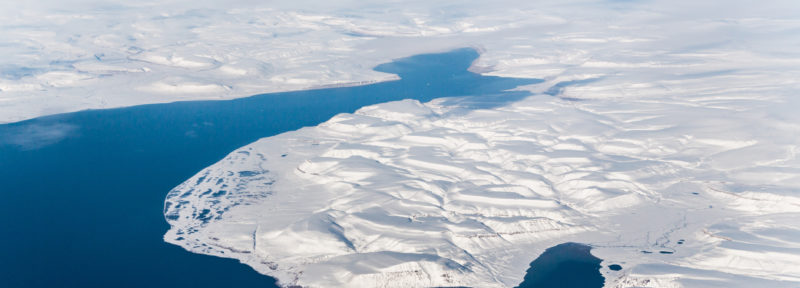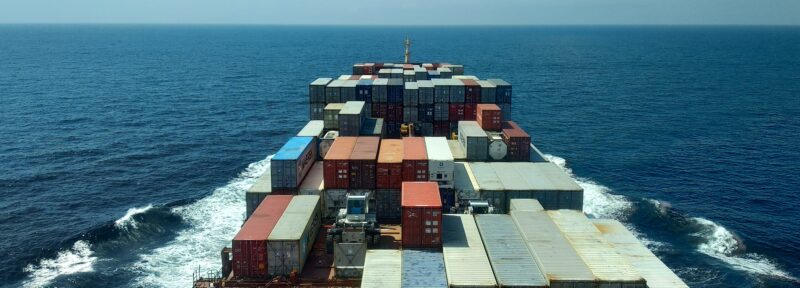With Passage of Bill C-49, Winds of Change Are Blowing for Energy Production
Canada is poised for a transformative shift in its energy landscape. With the passage of Bill C-49—officially titled “An Act to amend the Canada-Newfoundland and Labrador Atlantic Accord Implementation Act and the Canada-Nova Scotia Offshore Petroleum Resources Accord Implementation Act and to make consequential amendments to other Acts”—the federal government has signalled a commitment to developing offshore wind, particularly on Canada’s East Coast. This legislation not only modernizes the regulatory framework governing offshore projects in Newfoundland and Labrador and Nova Scotia, but also signals greater alignment between Canada’s energy policies and its ambitious climate goals.
This is good news for the country. With our long coastline and strong maritime winds, the potential for offshore wind energy and the associated economic benefits is enormous. But it is also a major new industry, and like any industry, it will have impacts. The task that faces governments now is to make sure this industry maximizes benefits to communities and the environment and minimizes any potential harms.
By integrating offshore wind energy into the national grid, Canada can reduce its reliance on fossil fuels for electricity generation, transportation, and heating, directly contributing to our national goal to cut greenhouse gas emissions 40-45 percent below 2005 levels by 2030. Nova Scotia has also set its own legally binding emission reduction target of 53 percent below 2005 levels by 2030 and net-zero by 2050. Utilizing this clean energy at home would accelerate the decarbonization of key industrial sectors, promote energy independence, and ensure that the environmental and economic benefits of renewable energy development are realized here at home.
In addition to its positive effects on the climate, Bill C-49 enhances environmental protection and safety measures beyond current levels. It mandates comprehensive evaluations of potential impacts on marine ecosystems, including on fish habitats, marine mammals, and biodiversity. It also allows the federal government to make regulations banning offshore oil and gas activity within areas that have been or may be identified for environmental or wildlife protection or conservation.
This is important because, as of now, Canada’s Marine Protected Area (MPA) Standards—which set out a baseline of activities that are banned in MPAs—only cover areas established after 2019. Further, the federal government hasn’t had the tools to rescind existing oil and gas leases within existing MPAs on the East Coast. Under C-49, however, dormant oil and gas leases can be rescinded. This means that marine protected areas, including Canada’s oldest—the Gully Marine Protected Area—can now fully meet the minimum standards that prohibit oil and gas activities, mining, trawling, or dumping.
C-49 enables a number of positive changes, but it is up to us to implement them. As a first step, we recommend that Canada move to rescind the dormant oil and gas leases and ensure that our protected areas are truly protected. And while the transition to renewable energy is essential to protect the ocean and climate from the impacts of greenhouse gas emissions, we also need to minimize local impacts to the marine environment and the communities that depend on it through stringent assessments and regulations.
Additionally, we need to make sure that Canadians as a whole benefit from offshore wind, both in nearby communities and across the country. That will require building grid capacity and infrastructure to incorporate offshore wind into our domestic energy supply and assure that electrons produced in Canada are used here first. Government and industry will also need to work together so that the people who live near offshore wind developments see economic gains.
The passage of C-49 is an important moment for the future of energy production in Canada and on the East Coast. We have a new tool that can help us fight climate change, better protect the ocean, and grow the economy. What matters now is how we use it.
Mollie Anderson is Oceans North’s Senior Climate and Conservation Advisor.





